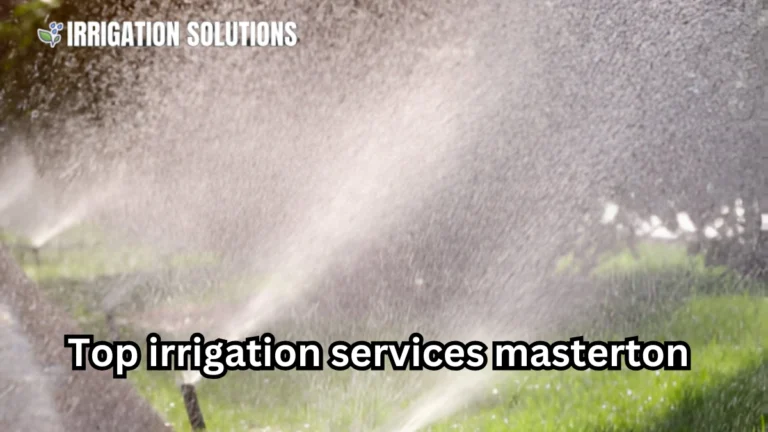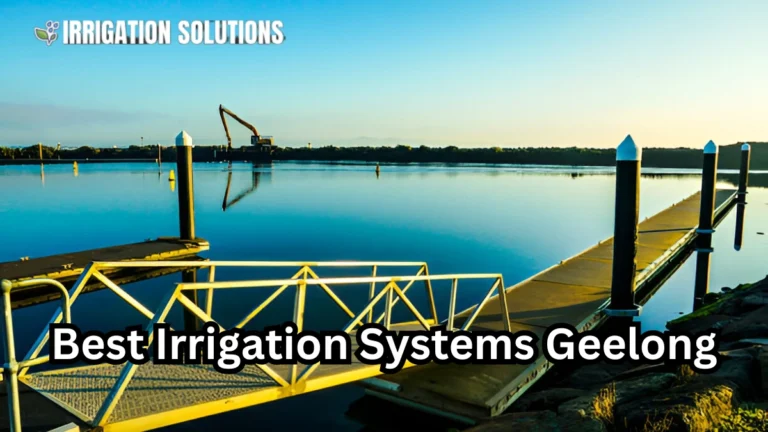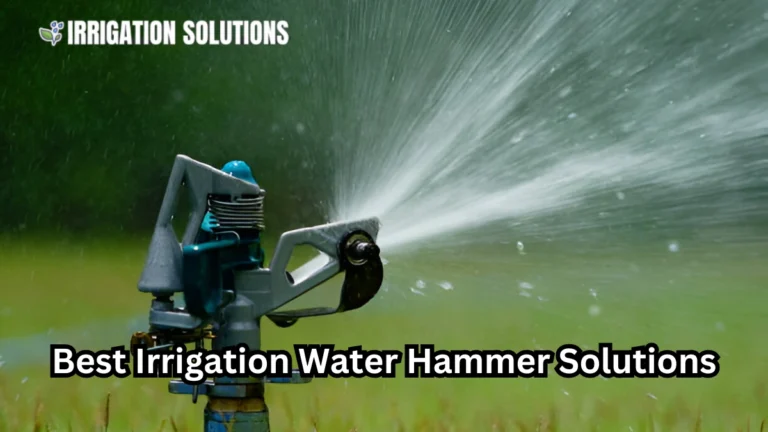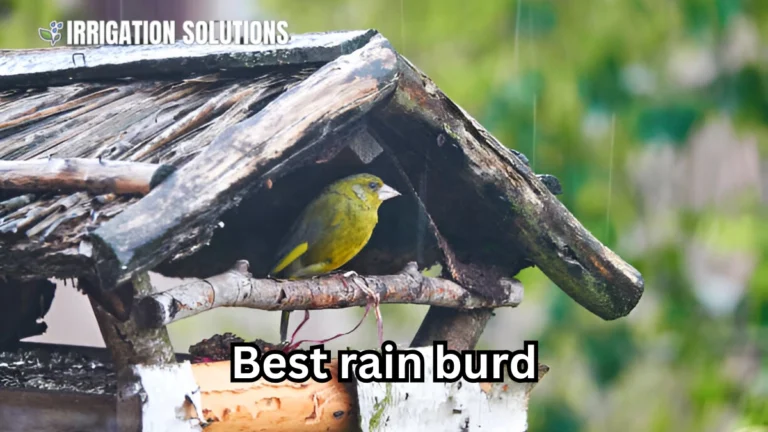Irrigation Solutions Kona Needs

Kona, a lush region celebrated for its picturesque landscapes and vibrant agriculture, relies heavily on effective irrigation solutions. Whether you’re a homeowner cultivating a backyard oasis or a farmer nurturing Kona coffee trees, smart irrigation practices ensure sustainability and efficiency. This guide dives deep into modern irrigation solutions kona methods tailored to Kona’s unique climate and topography.
Understanding Kona’s Climate and Soil Conditions
Kona enjoys a tropical climate with distinct wet and dry seasons. The region’s volcanic soil, while fertile, can pose challenges like rapid drainage or water retention in certain areas. These factors make selecting the right irrigation system essential.
Key Climate Characteristics:
- Wet Season (April October): Frequent rain, higher humidity.
- Dry Season (November March): Minimal rainfall, increased reliance on irrigation.
- Average Temperature: 75-85°F year round.
Understanding these variables helps determine how much water your plants need and when.
Popular Irrigation Methods in Kona
Selecting the right irrigation system depends on the type of plants, soil condition, and budget. Below are some of the most effective irrigation solutions in Kona:
Drip Irrigation
Drip irrigation delivers water directly to the plant roots, minimizing evaporation and runoff. It’s particularly beneficial for Kona coffee farms, home gardens, and orchards.
Advantages:
- Conserves water by up to 50% compared to traditional methods.
- Prevents weed growth by targeting specific plants.
- Reduces soil erosion.
Components:
- Emitters or drippers.
- Tubing for water delivery.
- Filters to prevent clogging.
Case Study: A Kona coffee farm switched to drip irrigation and reduced water usage by 40%, resulting in healthier trees and better yield.
Sprinkler Systems
Sprinklers are versatile and work well for lawns and larger open spaces. Modern systems include smart controllers that adjust based on weather conditions.
Types of Sprinklers:
- Fixed: Ideal for small, uniform areas.
- Rotary: Best for larger spaces.
- Micro sprinklers: Great for delicate plants or nurseries.
Pros:
- Covers large areas evenly.
- Automated options save time.
Soaker Hoses
A cost effective solution, soaker hoses are porous tubes that release water gradually along their length. They’re excellent for flower beds, vegetable gardens, and newly planted trees.
Why Choose Soaker Hoses?
- Simple to install and maintain.
- Gentle watering prevents plant damage.
- Affordable and widely available.
Advanced Smart Irrigation Systems
Technology has revolutionized irrigation with systems that monitor soil moisture, weather forecasts, and plant needs.
Key Features:
- Wi-Fi-enabled controllers.
- Real-time adjustments based on environmental data.
- Smartphone compatibility for remote management.
Example: Using a smart irrigation system, a Kona homeowner reduced water waste by 30% and lowered monthly utility bills.
Essential Tips for Efficient Watering
Timing is Everything
Water early in the morning or late in the evening to reduce evaporation. This practice also prevents fungal diseases caused by wet foliage during hotter hours.
Mulching to Retain Moisture
Apply organic mulch around plants to reduce evaporation and keep the soil cool. Common materials include wood chips, straw, or coconut husks.
Grouping Plants by Water Needs
Planting species with similar water requirements together simplifies irrigation. This method is often referred to as hydrozoning.
Hydrozoning Benefits:
- Prevents overwatering or underwatering.
- Improves system efficiency.
Regular Maintenance
Check for leaks, clogs, or broken parts in your irrigation system. Simple maintenance can prevent water loss and ensure consistent performance.
Comparing Irrigation Systems: A Table for Decision Making
| Irrigation Type | Best For | Water Efficiency | Cost | Maintenance |
| Drip Irrigation | Orchards, gardens | High | Moderate | Low |
| Sprinkler Systems | Lawns, open spaces | Moderate | High | Moderate |
| Soaker Hoses | Flower/vegetable beds | High | Low | Low |
| Smart Systems | Tech-savvy homeowners | Very High | High | Low |
Environmental and Economic Benefits of Smart Irrigation
Investing in modern irrigation solutions goes beyond convenience. These systems contribute to:
- Water Conservation: Drip and smart systems reduce waste.
- Lower Costs: Efficient water use results in smaller utility bills.
- Healthier Ecosystems: Preventing runoff minimizes pollution in nearby water bodies.
Quote: “Sustainable irrigation practices are not just about saving water they’re about preserving our planet for future generations.” Local Kona Farmer
Conclusion
Kona’s unique agricultural landscape demands innovative irrigation solutions. Whether it’s a traditional drip system or a state of the art smart controller, choosing the right setup ensures lush greenery, thriving crops, and efficient water use.
For homeowners and farmers alike, embracing these methods isn’t just a smart move it’s a commitment to sustainability in one of Hawaii’s most cherished regions.






